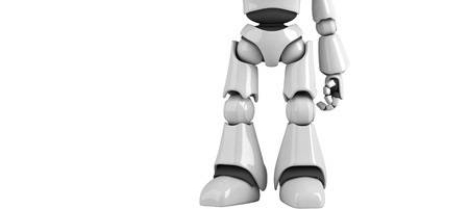June 17, 2016
US small business owners still cling to ‘office basics’, claims study 0
 Small businesses still rely heavily on the traditional working environment, according to the 2016 Business Survey from office equipment maker Brother. The report says these businesses are open to adopting next-generation cloud based and mobile technology, but they’re also ‘holding on to’ what it calls office basics such as printers, scanners and faxes. Over half (58 percent) of small businesses’ daily work tasks still require a physical office presence and 91 percent of small business owners currently have a printer, scanner, copier or fax machine within their work space. The need for these devices is confirmed in the data showing 43 percent of this same group use a printer, on average, 10 or more times per day. The online survey of 509 small business owners in the US claims that the attachment to traditional devices does not mean that firms aren’t adopting new tech, but rather that they are trying to ‘have the best of both worlds’.
Small businesses still rely heavily on the traditional working environment, according to the 2016 Business Survey from office equipment maker Brother. The report says these businesses are open to adopting next-generation cloud based and mobile technology, but they’re also ‘holding on to’ what it calls office basics such as printers, scanners and faxes. Over half (58 percent) of small businesses’ daily work tasks still require a physical office presence and 91 percent of small business owners currently have a printer, scanner, copier or fax machine within their work space. The need for these devices is confirmed in the data showing 43 percent of this same group use a printer, on average, 10 or more times per day. The online survey of 509 small business owners in the US claims that the attachment to traditional devices does not mean that firms aren’t adopting new tech, but rather that they are trying to ‘have the best of both worlds’.


































June 14, 2016
What does Stephen Hawking have to do with office productivity? 0
by Darren Bilsborough • Comment, Facilities management, Workplace, Workplace design
More →